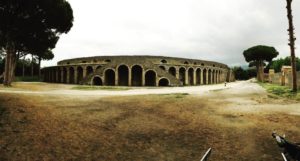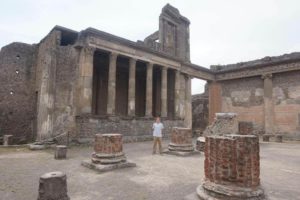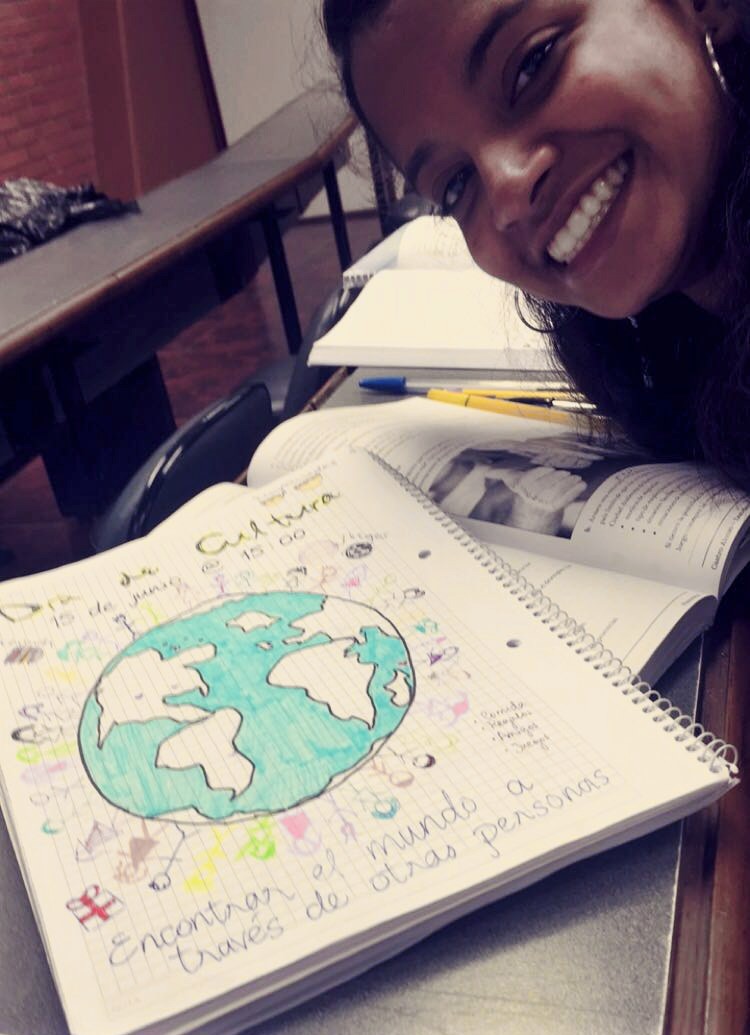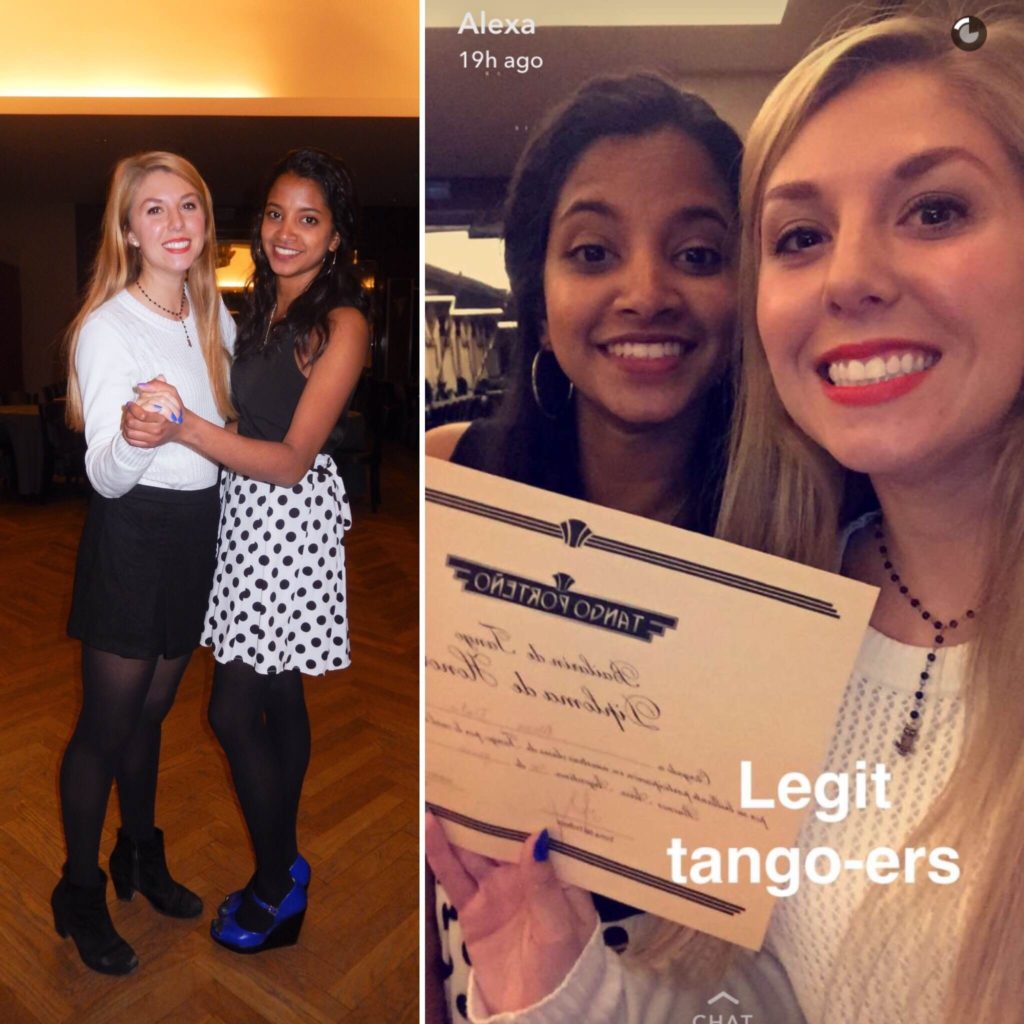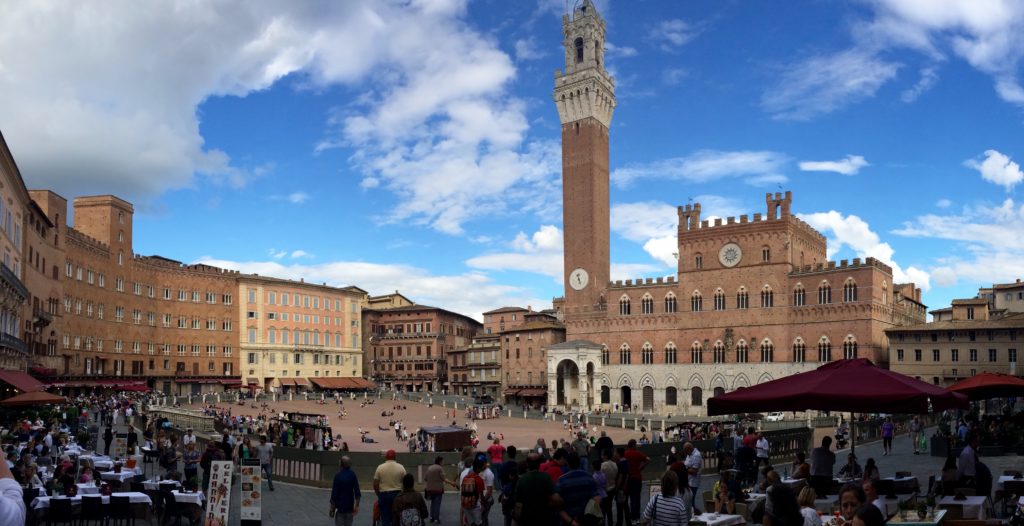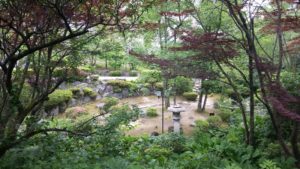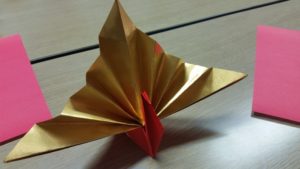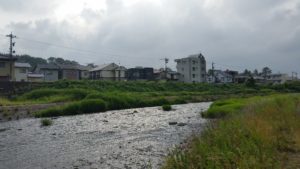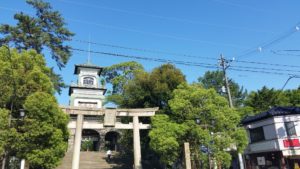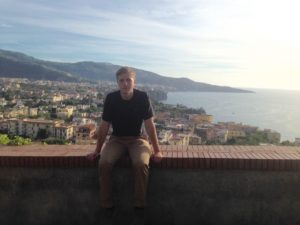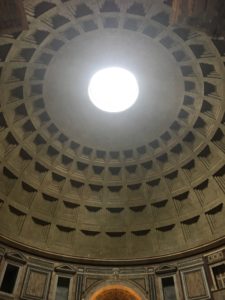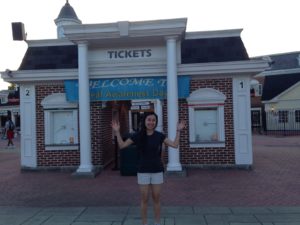I arrived in München after a 8 hour train ride from 1am to 9am after five train changes throughout the night. I would not recommend just picking the cheapest train ticket to anyone after this, most of the trains were not LCE, (the kind that have comfortable chairs, are quicker, and are just overall better). However the 39 euro price instead of 70 won me over, but I repeat, it is definitely worth the extra money! Anyway I arrived to my host family just in time for breakfast. Immediately they set to making one of the most amazing breakfasts I have ever seen. Caprese salad, scrambled eggs with tomato, onion, and schwarzwald speck (bacon) with a plate of 5 different types of both meat and cheese along with strawberries, apricots, and cherries and orange juice and a cappuccino. Needless to say, we spent about two hours at breakfast talking/eating, and I felt welcomed at once.
The classes here have been much better organized that the classes in Berlin. In Berlin it was really a “find your own way” type of atmosphere, but here they make sure that the extra curricular options are known to everyone. As I said before they put me in a B2.1 class which is where you start to meet other students who are trying to study in Germany. Most of my classmates are actually DAAD scholars from all over the world, who are given 5 months to learn German before their classes begin. Needless to say their German is excellent and often puts mine to shame, but it is nice to finally have some non-German friends who can speak about complicated subjects freely. I am the only american in the group, and so far I haven’t met a single other american in the whole school. So far the group I have been hanging out with after school consists mostly of Italians and Swiss students, along with a few students from South Africa.
The Fußball spirit here is amazing, with the EUFA 2016 tournament going on. Every day huge groups gather at Biergartens and Olympia park to take part in public viewings. Its great to watch the games with people from all different countries because someone is always really invested in at-least one of the games of the day. sadly I haven’t explored the city too much yet. The weather has been continually overcast, cold, or raining, so I am hoping that next week will turn out better for outdoor exploring.
At-least the bad weather has given me an excuse to work on my Fulbright application and a few others that I haven’t as of yet dedicated near enough time to. I know it’s really disappointing for the crowd of dedicated readers… but I do not have a pro-tip of the week this entry, because I have not made any noticeable social mistakes. This only means, I haven’t been out in public enough. The only tip I can give you all is never take a non-LCE overnight train just because its cheaper! I am sure to make a mistake by the end of next week, so tune in again to learn from my mistakes so you don’t have to have the same awkward experiences as me. Until then!
